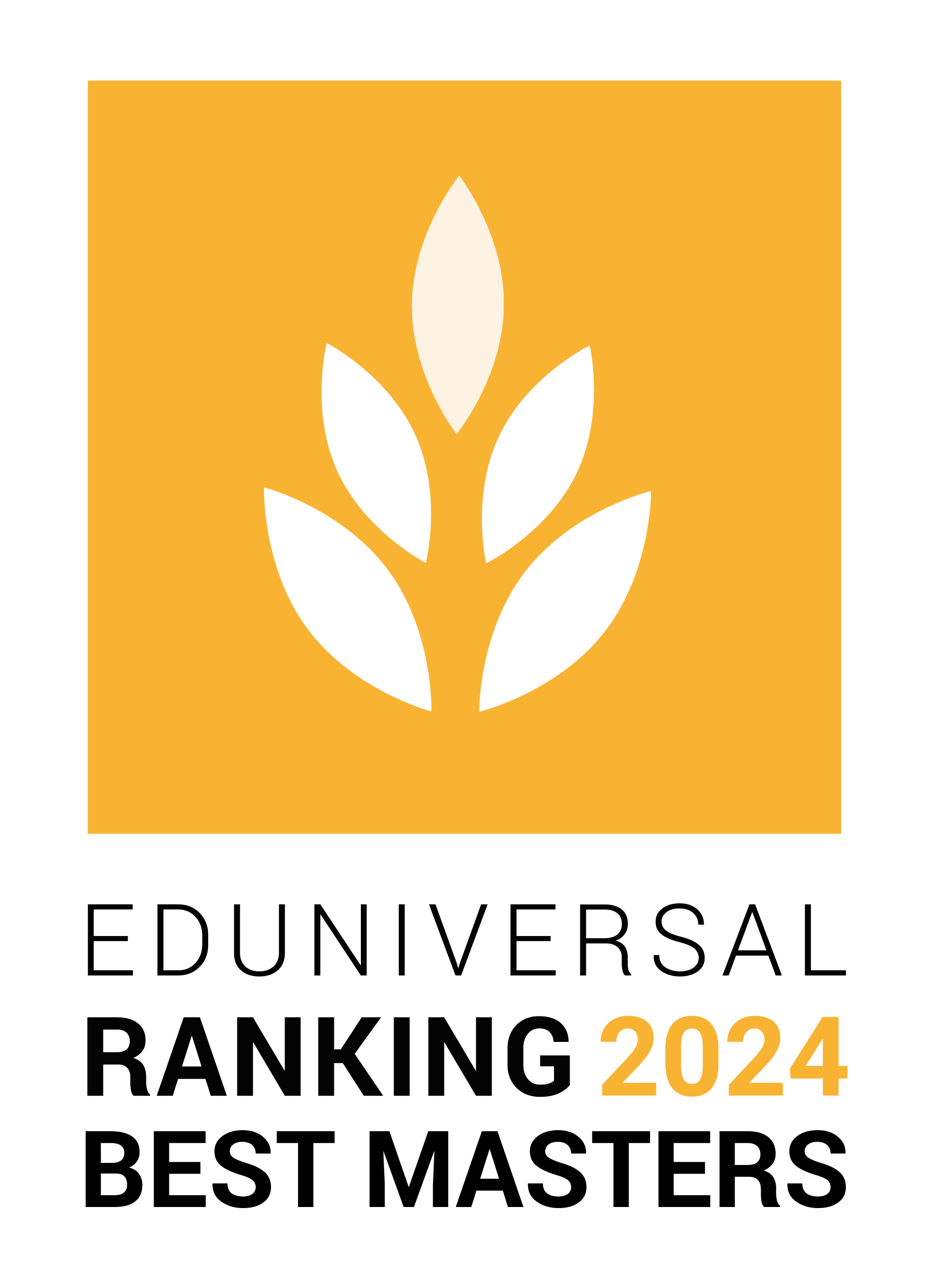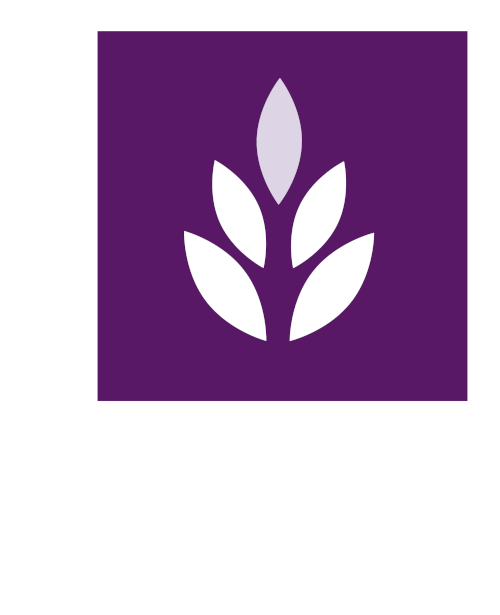- Home
- About
- Business Schools Ranking
- Selected schools
- study abroad
- Awards
- Contact

Study in Hong Kong (S.A.R.,China)
Hong Kong (S.A.R.,China) Statistics
Geography-Population
- Capital: Victoria
- Area: 1,092 sq km
- Climate: subtropical monsoon; cool and humid in winter, hot and rainy from spring to summer, warm and sunny in fall
- Population: 7, 055,071 (July 2009 est.)
- Languages: Chinese (Cantonese) 89.2% (official), other Chinese dialects 6.4%, English 3.2% (official), other 1.
Government-Economy
Government-Economy
Government type: limited democracy, Special Administrative Region of People's Republic of China
National holiday: National Day (Anniversary of the Founding of the People's Republic of China), 1 October (1949); note - 1 July 1997 is celebrated as Hong Kong Special Administrative Region Establishment Day
Currency: Hong Kong Dollar (HKD) ; 10 HKD = 1EUR ; 1 HKD = 1 Yuan (Chinese currency)
GDP: $322.486billion (2008 est.)
GDP – per capita (PPP): US$31,79 (2008 est.)
Information for Foreign Students in Hong Kong
Airline Ticket
If you live in Europe, several airline companies offer regular flights from Europe to Hong Kong. The most economical solution is to book a flight on the low-cost Oasis airline company, which offers flights for about 200euros between London and Hong Kong. Look also for the offers on www.zuji.com, which are very interesting for all the flights to Asia.
Applying for a Visa
For stays longer than three months, contact the Embassy of China or, locally, the Department of Immigration (7, Gloucester Road, Immigration Tower, Wanchai, Hong Kong Island, tel: 852-28-24 -- 61-11). However, as an EU citizen, you have the right to live 3 months on the territory of Hong Kong without any visa. However, by registering at the university, you will automatically get a student visa, which price is 400 HKD (40 euros). The university will handle all the paperwork and return you the visa to stick on your passport. If you stay in Hong Kong more than 6 months, it is possible to obtain a provisory identity card of Hong Kong (Hong Kong ID) for the duration of your stay. To apply for this card, you should go to the immigration office with your passport and ID photos. Your first Hong Kong ID card is free. This card will allow you to move more quickly across the border to exit or enter Hong Kong. If you want to go to China, you will have to acquire a Chinese visa, different from that of the Hong Kong visa. If you hold the Hong Kong identity card, you will be able to get a multi-entry visa, valid for 6 months for about 45 euros.
Accommodation
As a foreign student, an accommodation in a hall on the campus is offered by the university. The price of the accommodation is extremely high in Hong Kong. Most students chose to stay on the campus. Per semester, you will have to pay about 400 euros for a room in a residence.
Cost of Living
Hong Kong is one of the most expensive cities in the world, especially in terms of accommodation. The cost of goods and services, food and transportation are affordable.
Opening a bank account
Opening an account in Hong Kong is very easy. You can choose to open an account within HSBC which numerous cash machines are scattered throughout Hong Kong, China and Asia in general. The "money changers" are more interesting than the banks, which often take between 30 and 50 HK $ (3 to 5 euros) per transaction. Payment cards such as Visa and MasterCard are accepted almost everywhere.
Phoning
Local phone calls are free for Hong Kong people and in some small hotels. Calling from telephone booths costs about 1 HK$ (0.10 euros) every 5 minutes. For international calls, you can call from public booths such as IDD (International Direct Dialing). Buy one of the IDD cards on sales in tourist offices or in a large number of stores. The cost of buying a card varies from 70 to 100 HK$ (7 to 10 euros) approximatively, which is equivalent to 5 to 7 minutes of communication towards Europe. For Internet access, it is very easy to find cybercafes offering a connection. The coffee chain Pacific Coffee has computers connected to the Internet.
Health Care
No vaccinations are required for travelers coming from Europe. Moreover, it is in Hong Kong where the best hospitals of the region can be found.
Transportation
Public transportation is particularly well developed in Hong Kong and the network enables everyone to reach all the areas of the city. The subway or MTR (Mass Transit Railway) and its four lines are the pride of Hong Kong. There is about one train every two minutes until 1 am. Many buses and minibuses travel through the city. The boat is a more original and very practical means of transportation. The Star Ferry, which will be replaced by a more modern boat, connects Tsim Sha Tsui to Central or Wanchai. Finally, if you want to visit the surrounding islands (Lamma, Lantau, Cheung Chau) or Macau, you will have to take a boat to Central. The Octopus card, which can be reloaded depending on your needs, allows you to pay and must be validated each time you use public transportation. An Octopus card for students is available and offers 50% discount on MTR journeys. The Octopus card can also be used in some supermarkets, in some chain restaurants and in all cafeterias of the university. The price of a trip on a MTR depends on the distance, but rarely exceeds 20 HKD (2 euros).
Official Selection of the Best Business Schools in Hong Kong (S.A.R.,China)
|
5 Palmes Of Excellence UNIVERSAL Business School |
Rank Position in
Palmes’ League |
Deans’ Recommendation
rate 2024 |
|---|---|---|
|
Hong Kong University of Science and Technology - HKUST Business School |
1 | 495 ‰ |
|
The University of Hong Kong - Faculty of Business and Economics |
2 | 232 ‰ |
| 3 | 221 ‰ |
|
4 Palmes Of Excellence TOP Business School |
Rank Position in
Palmes’ League |
Deans’ Recommendation
rate 2024 |
|---|---|---|
| 1 | 316 ‰ | |
| 2 | 263 ‰ |
|
3 Palmes Of Excellence EXCELLENT Business School |
Rank Position in
Palmes’ League |
Deans’ Recommendation
rate 2024 |
|---|---|---|
| 1 | 200 ‰ |

Official Selection of the Best Business Schools in Hong Kong (S.A.R.,China)
Learn the ranking results of the best masters in Hong Kong (S.A.R.,China) here:
https://www.best-masters.com/ranking-master-in-hong-kong-sarchina.html
